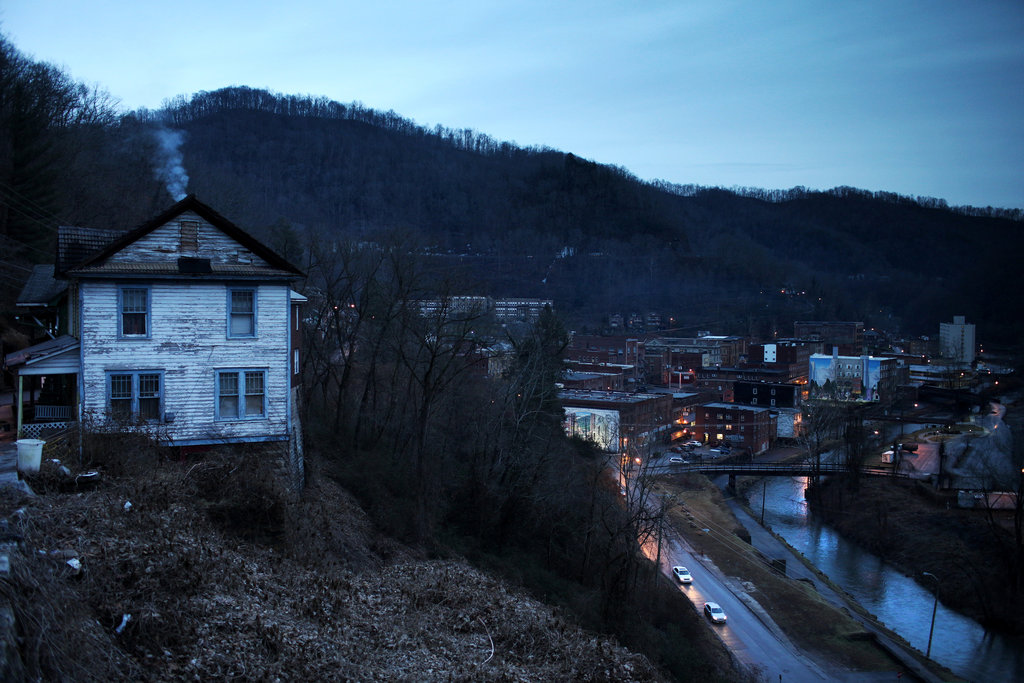HamburgerBoy
Active Member
- Sep 16, 2007
- 15,042
- 4,723
- 113
Except that poverty doesn't always breed crime, as seen in Hispanic communities in America where strong family and religious bonds probably help, not to mention countless nations internationally. There are a number of sub-Saharan African countries with lower overall homicide rates than the USA.



